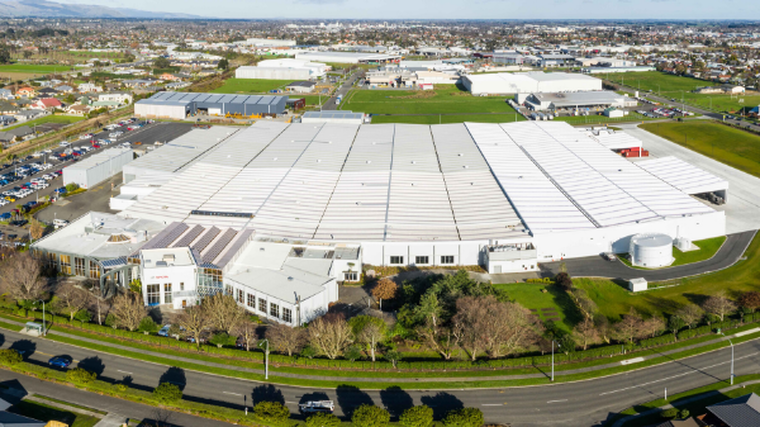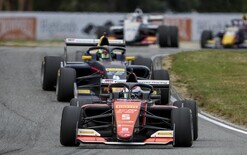Toyota NZ sets ambitious hybrid target

Toyota New Zealand (TNZ) has set a goal of nearly one-third of all its Toyota and Lexus sales to be hybrid electric vehicles by the end of 2020.
The company revealed its ambitious plan, which would nearly double the share of hybrids it is set to sell this year, in its 2019 Sustainability Report. The document also reveals TNZ made a financial loss of $3.7 million in the year to March 2019 and that 24 per cent of Takata airbags in affected Toyota vehicles have yet to be replaced.
TNZ wants hybrid electric vehicles to account for 30 per cent of its total Toyota and Lexus sales next year. At the end of 2018 the proportion was 6.7 per cent and by the end of 2019 it is expected to be 17 per cent, with that figure mostly made up of hybrid electric RAV4 and Corolla models.
In 2018, 30 per cent of used cars imported by Toyota were hybrid; the firm hopes to lift that figure to 40 per cent this year.
The TNZ report also details its bid to transition to a new business model, which is designed to support the commercial success and long-term viability of the company and its network of retailers.
The company says the top three issues of interest and concern to its internal and external stakeholders were vehicle and parts environmental impacts over life; economic prosperity of Toyota’s ecosystem; and vehicle and parts safety, reliability.
Chief executive Alistair Davis, pictured below, says Toyota has set a number of goals for reducing the life-cycle impacts of its vehicles and parts.
“We believe we have an important role, as a brand representing a quarter of all cars on New Zealand roads, in reducing negative impacts such as carbon emissions and road accidents and transitioning to more sustainable personal transport,” he says.
“We are increasing the availability of low-carbon vehicles and have set targets for reduced tailpipe emissions in the vehicles we import. We are also working hard to reduce our operational impacts including freight emissions from transporting vehicles and parts.”
The average carbon emissions for new vehicles sold by Toyota New Zealand and its retail network has fallen by 8.9 per cent for the Toyota brand and 21.9 per cent for Lexus since 2010, according to the company.
Davis says hydrogen will play an important role in New Zealand’s energy mix as the country is well placed to produce hydrogen using renewable energy. Toyota has an internal working group exploring commercial opportunities and barriers to the introduction of hydrogen vehicles and infrastructure in New Zealand.

Franchise network enjoys profit
The Sustainability Report also tackles matters of importance to its franchised retail network in 60 communities across the country. Due to market challenges and the transition to the Drive Happy Project business model, which was launched in 2018, TNZ made a financial loss of $3.7 million on revenue of $1.362 billion during the financial year to March 31, 2019. However, the retail network of franchised businesses recorded its third-highest profit on record.
In the year to the end of December 2018, Toyota sold 33,068 new vehicles and 10,402 used vehicles. Despite a softer market this year for new vehicles, TNZ expects to maintain its 31-year run at the top of the industry with a 20 per cent market share in 2019.
Vehicle and parts safety and reliability was another important issue to internal and external stakeholders, including customers, employees and suppliers.
Toyota says it is committed to fix parts of any vehicle affected by a recall at no cost. The 2015 recall of faulty airbags manufactured by Takata continued through 2018 and 2019. TNZ hired extra staff to help resolve the issue. To date, it says 76 per cent of Takata airbags in affected Toyota vehicles have been replaced.
TNZ, as an importer, distributor and marketer, is also striving to meet environmental goals set by its parent company, the Toyota Motor Corporation. It says it is doing this by sourcing vehicles with lower emissions, encouraging car battery recycling and partnering with organisations such as the Department of Conservation on the Toyota Kiwi Guardians programme.





